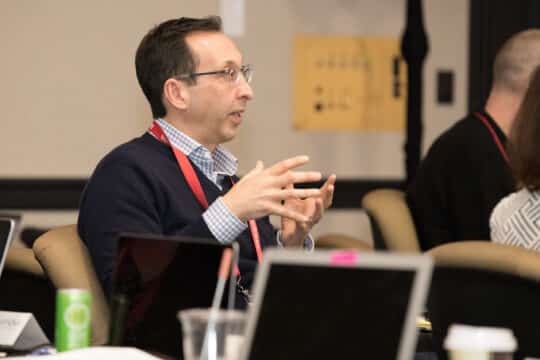Transformed Lymphomas and CLL Scientific Workshop
Histologic transformation occurs when chronic lymphocytic leukemia (CLL) or an indolent non-Hodgkin lymphoma become aggressive lymphomas both clinically and morphologically. Transformed disease is often clinically associated with rapid progression, development of systemic symptoms, and has a poor prognosis. However, the underlying biology of transformation is not fully understood; the relative rarity of transformation, heterogeneity of transformation events, and the limited resources and related clinical trials dedicated to this patient population support the need for a platform through which experts in the field may discuss research findings and opportunities for collaboration. The Lymphoma Research Foundation proposed to provide such a platform and developed the Transformed Lymphomas Scientific Workshop in August 2021, bringing together the world’s leading lymphoma and CLL researchers and regulatory experts to discuss the latest research findings, receive updates on the progress of relevant clinical trials, and create a research agenda.
The Workshop marked the first time such resources were dedicated to the topic of transformed lymphomas and several important themes and action items emerged from the presentations and discussion. The experts in attendance determined that the rarity of transformed disease is one of the greatest challenges facing the lymphoma community and can be addressed only through multi-stakeholder collaboration and the development of shared scientific resources. They concurred that additional research and consensus are needed to both make accurate diagnoses and characterize the demographics of the affected patient population. The myriad of clinical trial design issues highlighted throughout the Workshop must also be addressed, both in terms of the current regulatory framework in place and within the context of collaboration with the pharmaceutical industry. The workshop participants also underscored the critical nature of integrating science into clinical trial development and clinical care for patients.
The workshop leadership and attendees proposed that convening a task force as well as a mini symposium in conjunction with the US Food and Drug Administration would be important to address the above issues and impact change. It was further suggested that the LRF, with its history of convening global consortia and scientific meetings, is best poised to develop such a forum and a collaborative mechanism whereby the challenges facing the community can be addressed. LRF could also harness the interest of the lymphoma and CLL patient community, to both educate patients and ensure that the larger effort remains focused on patient-centered drug development.
Steering Committee
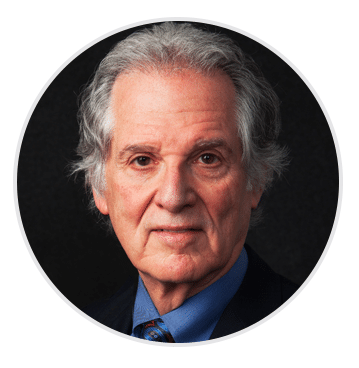
Co-Chair
Bruce Cheson, MD, FACP, FAAAS
LRF Scientific Advisory Board
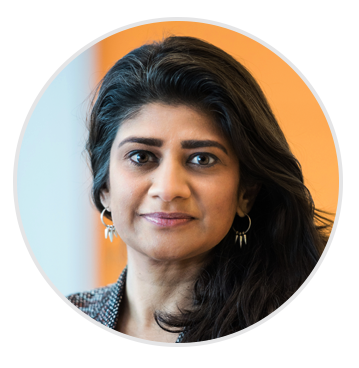
Co-Chair
Sonali Smith, MD
University of Chicago
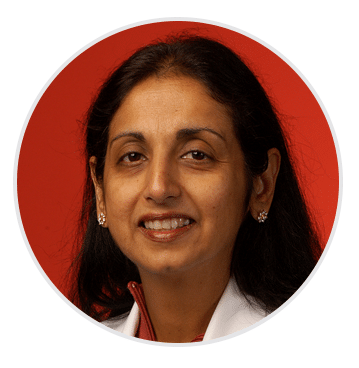
Rajana Advani, MD
Stanford University
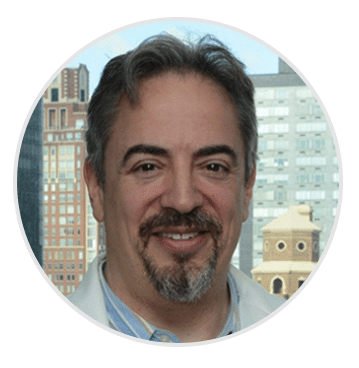
Ari Melnick, MD
Weill Cornell Medicine
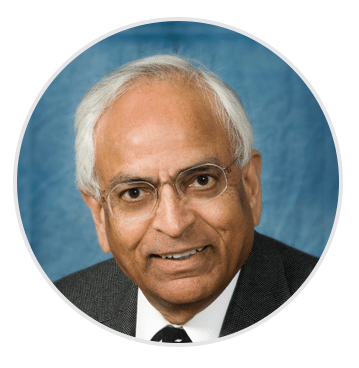
Kanti Rai, MD
Northwell Health
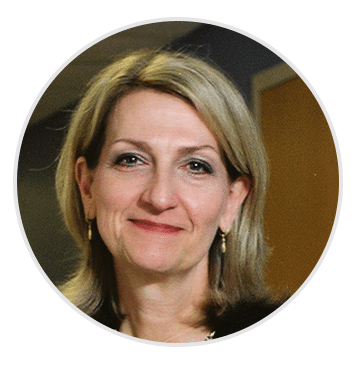
Margaret Shipp, MD
Dana-Farber Cancer Institute

